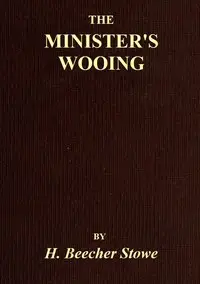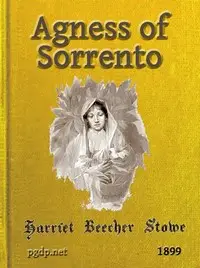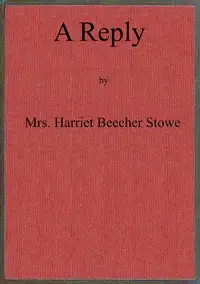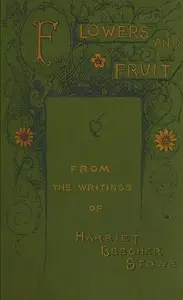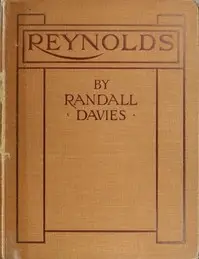"Life of Harriet Beecher Stowe" by Harriet Beecher Stowe is a biographical account compiled from her letters and journals, written in the late 19th century. This work offers an intimate look at the life of one of America's most prominent literary figures and an ardent abolitionist, following her journey from childhood through significant life experiences, including her family dynamics and early literary endeavors. The opening of the biography sets the stage for Harriet Beecher Stowe's early life, detailing her childhood in Litchfield, Connecticut. It introduces us to her family background, including the profound impact of her mother's death when Harriet was just four years old. Through her reflections, we see young Harriet grappling with grief, familial love, and the formative influences of her relatives, notably her father, Dr. Lyman Beecher, a prominent minister. The narrative captures her early education, literary interests, and the burgeoning aspirations that would eventually lead her to become a celebrated author. This section effectively establishes the groundwork for understanding the values and experiences that shaped Stowe's influential career. (This is an automatically generated summary.)
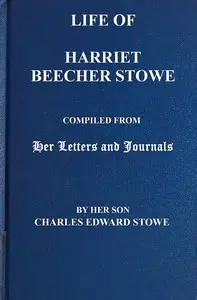
Life of Harriet Beecher Stowe Compiled From Her Letters and Journals by Her Son Charles Edward Stowe
By Harriet Beecher Stowe
"Life of Harriet Beecher Stowe" by Harriet Beecher Stowe is a biographical account compiled from her letters and journals, written in the late 19th ce...
Harriet Elisabeth Beecher Stowe was an American author and abolitionist. She came from the religious Beecher family and wrote the popular novel Uncle Tom's Cabin (1852), which depicts the harsh conditions experienced by enslaved African Americans. The book reached an audience of millions as a novel and play, and became influential in the United States and in Great Britain, energizing anti-slavery forces in the American North, while provoking widespread anger in the South. Stowe wrote 30 books, including novels, three travel memoirs, and collections of articles and letters. She was influential both for her writings as well as for her public stances and debates on social issues of the day.


